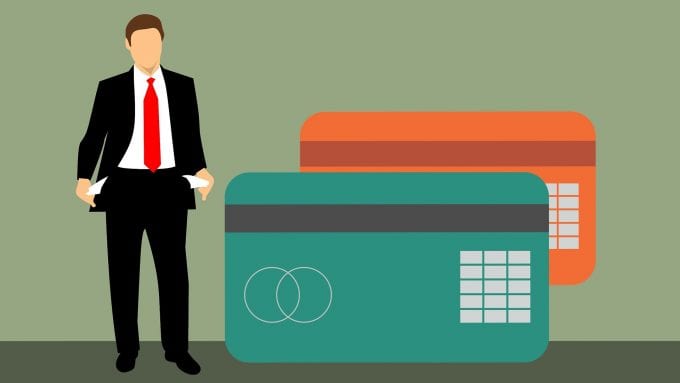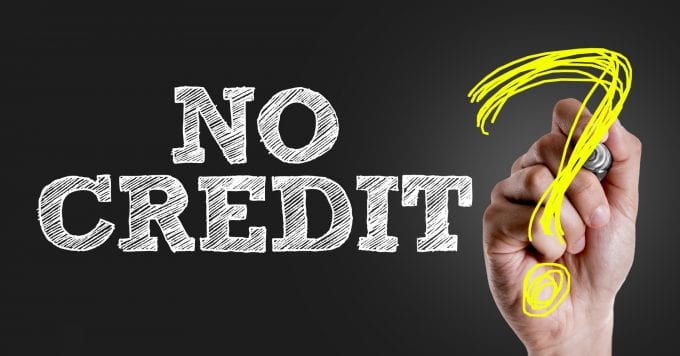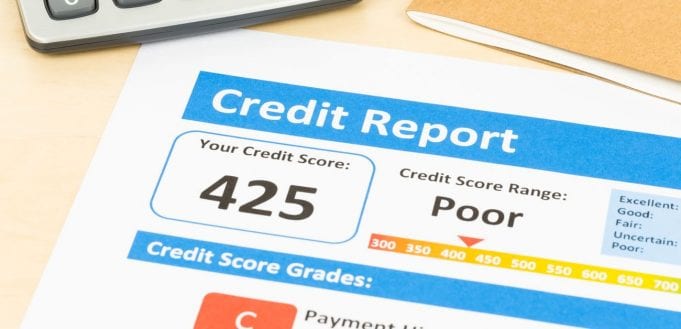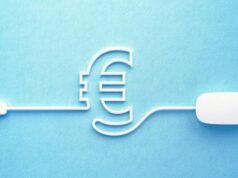You need to know where your credit score stands, whether you’re a young adult who is starting in life or you have been managing your finances for several years now. This is where we talk about bad credit, as well as no credit.
Some people ask, “is no credit bad credit?” Some may confuse both to be similar, whereas others understand the difference between them pretty well. But if you’re one of those who need clarification, then you’ve come to the right place.
Bad Credit vs. No Credit

Bad Credit
First, the bad stuff! When you’re on bad credit, it means that you’ve made late or partial payments against your credit report, whether it includes payments on utilities, mortgage, student loans, or credit card statements. This shows that you’ve maintained a spotty track record with your lenders. It could also be so bad that you’ve come to the point of completely defaulting on your loans.
It could also be that you missed your utility payments or couldn’t even pay anything as your power completely turned off. Nevertheless, this will still show up in the credit report. It is also likely your debts could be transferred over to collections.
Your credit score may also be low due to bankruptcy or foreclosure. What’s more, is that these developments will stay in your report for at least seven years and can even affect your credit score during that period as well. On top of not borrowing money, your interest rate will even be higher.
To learn about bad credit scores in Canada and how you can keep yourself away from it, check this link.
No Credit
Having no credit means you have no credit history. This means that creditors can’t predict how likely it is you’re going to pay your bills. It also means that you haven’t borrowed any money from an official creditor in the last seven years, perhaps. This isn’t something alarming, as most people who don’t borrow money might not have a credit history. It is when you borrow money that something will show up in your credit card history.
But is having no credit bad? While many think that having no credit could be a good thing, it can actually affect a person if they make big financial decisions like borrowing money to buy a car. Unless you have a reliable credit record, no credit provider will ever want to trust you in borrowing their money.
Difference Between No Credit And Bad Credit

In both cases, credit providers will be reluctant to trust you if you don’t have a positive credit report. As such, it’ll be harder for you to get a loan. And the reason is that lenders don’t have any proof that you’ll actually pay them at the end of the month.
But when you compare the two, not having a credit score isn’t the same as having a bad credit score. As we said earlier, having a no credit score means that you don’t have a credit history to begin with and a bad credit score means that you’ve mishandled your money or made several financial mistakes.
Each one of these situations requires a different set of solutions to get out of. But truthfully, it’s a lot tougher to get out of a bad credit score situation than when you have no credit score because the latter still gives you an opportunity to establish a credible credit score history for yourself.
Don’t worry, though, because we’ve prepared just the solutions for those who have fallen into either of the categories.
How To Build or Establish Credit from Scratch

Here’s what you need to do to build a positive credit history for yourself:
- Become an authorized user. If you know anyone such as a friend or a trusted family member with a good credit history, they might be able to add you to their credit card as an authorized user. The account you have made on the other card will be visible on your report.
- Look for a cosigner. If luck is on your side, you may be able to open a loan or a credit card along with another person with a positive credit rating. And because the ownership is split, both of you will be responsible for the account.
- Apply for an unsecured credit card. Some creditors are willing to give a small credit line to newcomers without asking for a security deposit. And if you’re able to manage it well, the creditor will increase the line of credit.
- Ask for a loan. It may not be what you’re looking for to build credit, but it will establish your credit history nonetheless. You can either ask for an auto loan if you require a car, or a student loan if you are going to school.
How To Improve Your Bad Credit Score

- Pay the bills on time. The best way to get yourself out of a bad credit score is if you pay all of your missed payments on time from now on. In case you’ve stopped using credit cards and don’t owe any money, you need to charge again in tiny increments.
- Pay down your debts. Like the previous step, be sure to pay down any money that you have loaned.
- Keep balances low. Be sure to keep your credit card debt below 30% of your credit limit. Later on, you can think about including more credit cards to your portfolio, as well as ensure the lines are kept open as you use the cards responsibly.
- Open a secured credit card. This is the kind of credit card that requires a security deposit, which is the amount you have access to.
- Ensure unsettled collection accounts are paid off. Any evidence regarding debt moving to collections must not be removed. Although you can pay it off. It’s better to have a satisfied debt than an outstanding one.
- Clear any inaccuracies made against your credit reports. Be sure to check your credit reports at all three of the major credit bureaus including Experian, Equifax, and Transunion to see if there aren’t any inaccuracies made against them.









